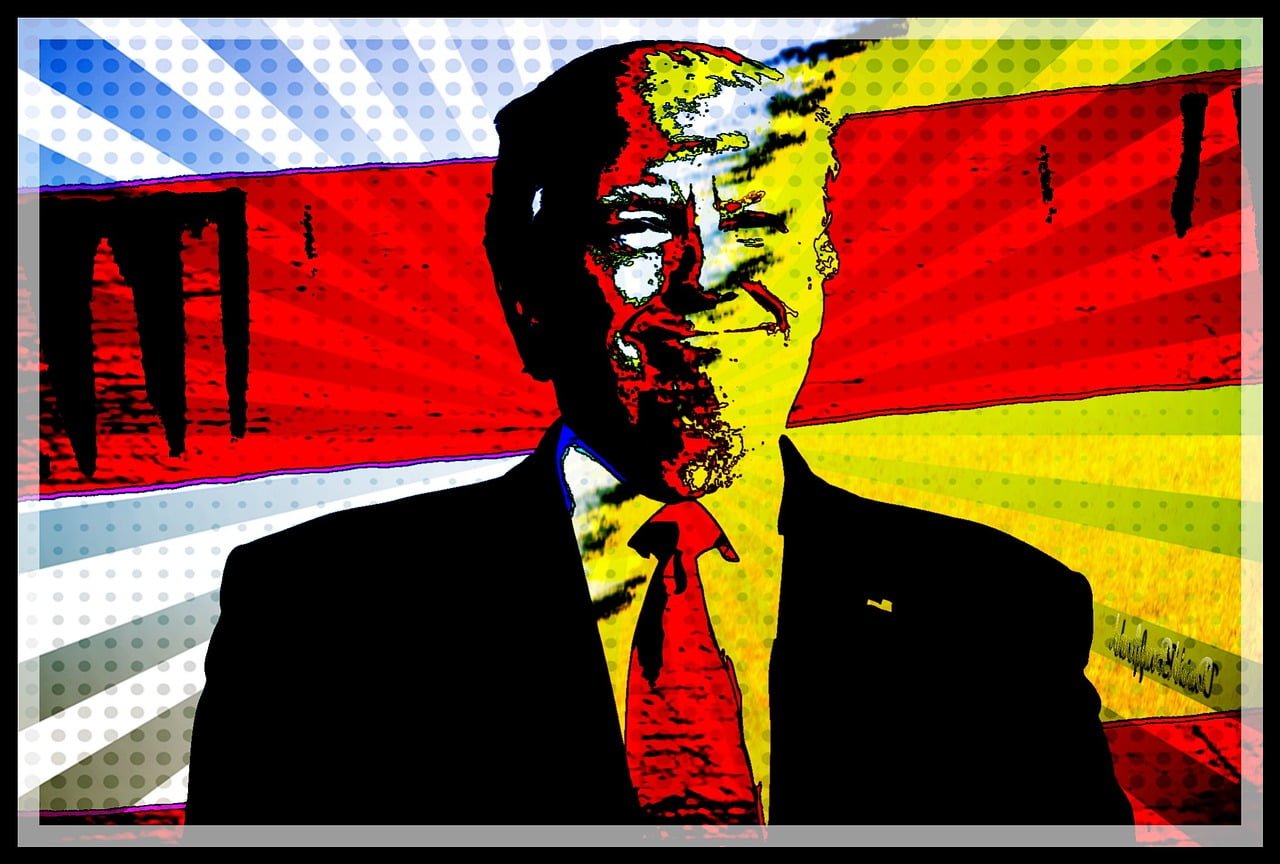Nothing is as frustrating than not being able to see. According to the The Vision Council Research (2015), 76 percent of the adult population in the US uses some sort of vision correction. About 40 million Americans use contact lenses, making it a $4.6 billion retail industry.
The production cost of contact lenses are fairly low, however, many people spend considerable amounts on, what is for them, a vital item in their daily lives. What holds people back from accessing affordable vision correction?
You Should (Literally) See through the Market
Patients who are unaware of their exact prescription will not choose to compare prices on the market.
In a Consumer Action survey released this year, it was revealed that close to one-third of respondents (31 percent) were not given a copy of their prescription after getting their contact lens exams at the eye doctor's office. A poll by the same organization earlier this year revealed that 60 percent of patients are unaware that they have a legal right to their prescription copy.
In order to remedy against this intransparent handling, the Federal Trade Commission is proposing an update to the contact lens rules. The FTC wants to make it compulsory for practitioners to get a signature from the patient that he has understood that he holds the right to his files.
In a world in which people own (and realize that they own) access to their personal information, this would seem self-evident. Yet, in the absence of the general right to your own data, the FTC rule is actually a sensible solution. The American Optometric Association, "Big contact lens" if you like, lobbied D.C. against the change, for the reason that it would add bureaucracy.
It happens that Europe is actually ahead of the United States in this instance. With countries having virtually no prescription mandates (with the notable exception of the UK, which does require a valid prescription), lenses are as accessible as buying them through a vending machine, making the retail of these vending machine a business on its own.
Patients who are unaware of their exact prescription will not choose to compare prices on the market, which increases the bills for their vision corrections. As Consumer Action puts it:
They [consumers] should not be pressured to purchase during the exam process and they should leave their eye doctor’s office with a copy of their prescription in hand allowing them to comparison shop for the best price on the lenses they need.
It so happens that the financial services bill was rushed through the Senate committee: no hearing or vote took place.
The Senate Is Blind
Appropriations Chairman Rep. Rodney Frelinghuysen (R-NJ) and Financial Services Subcommittee Chairman Tom Graves lead the House on the markup process, siding with consumers instead of lobbyists. No issue on this side. In the Senate however, things look very differently.
The American Optometric Association (AOA) calls for more "patient safety" instead of transparency into the process. Remember how this lobby group also called the FTC-change in the rules "increased bureaucracy"? If you do, then this passage (page 66) from the Senate's appropriations report will sound oddly familiar:
The Committee is disappointed in the FTC’s decision not to include the proposed patient safety improvements related to the prescription verification process in its draft contact lens rule and instead impose new paperwork requirements on patients and doctors that are unnecessarily burdensome."
The AOA's $1.8 million lobbying expenses seem to be well invested indeed.
Could it be that Sen. Shelley Moore Capito (R-W.V.) is deliberately trying to keep the process intransparent for consumers, so that certain industries will continue to make money off of uninformed patients?
In fact, it so happens that the financial services bill was rushed through the Senate committee: no hearing or vote took place, as Sen. Thad Cochran (R-Miss.) said there was only "little time" to finalize the appropriations bills for the fiscal year 2018. The senators even conclusively tapped themselves on the back as Cochran called the process "careful and deliberative.” The senator supposedly uses a very different dictionary.
No Rules, No Cronyism
Ultimately, the political process in Washington D.C. requires transparency as much as any other, and in fact, the House needs to be congratulated for combatting special interests on this issue.
The larger point, however, must be no rules, no cronies. Americans can look to Europe and its absence of prescription rules as a solution to the problems of cronies invading the nation’s capital.
Bill Wirtz
Bill Wirtz is a Young Voices Advocate. His work has been featured in several outlets, including Newsweek, Rare, RealClear, CityAM, Le Monde and Le Figaro. He also works as a Policy Analyst for the Consumer Choice Center.
This article was originally published on FEE.org. Read the original article.







